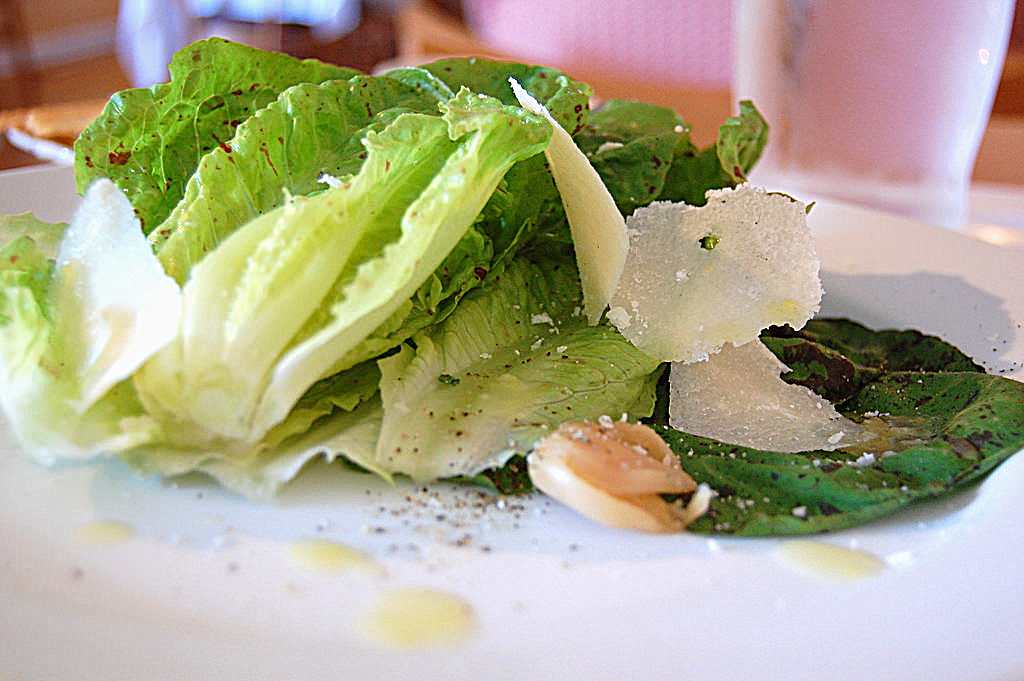Don't eat American and radish lettuce for the time being! The Food and Drug Administration urgently issued import controls tonight, calling on the public to pay attention.
Share217 +1 Tweet EmailShares 217
Recently, there have been many cases of hemorrhagic E. coli infection in the United States and Canada. Local health units have appealed to the public not to eat for the time being to avoid infection. China's Food and Drug Administration issued an urgent import ban tonight (November 22). From November 23 to December 7, 107 (export date), it will strengthen import control measures for "lettuce" imported from the United States and Canada. The import must be accompanied by certification documents from the food safety authorities of the United States and Canada. The import inspection application will be suspended without inspection.
The Food and Drug Administration also urges consumers and food and beverage operators who have purchased and not yet eaten American and Canadian lettuce to pay attention to hygiene and safety practices, including washing hands and washing repeatedly before consumption. It is better if they are cooked. If they feel unwell, they should seek medical advice as soon as possible.


photo credit: stu_spivack salad via photopin (license)
Many cases of Roman lettuce infection with hemorrhagic E. coli in the United States and Canada, several deaths and many infections
According to foreign reports, the US Food and Drug Administration and the Centers for Disease Control and Prevention (FDA) warned the day before yesterday that 32 cases of E. coli O157:H7 contaminated lettuce had been infected. In June this year, five people in the United States died from eating E. coli infected lettuce. FDA advised consumers to avoid eating lettuce. Cases of infection have also been reported in Canada, and the United States and Canada are looking for the source of E. coli infection in lettuce.
Taiwan imported 4976 metric tons of Romaine lettuce, 98.9% of which was imported from the United States, to make salad dishes such as Caesar Salad. Pan Zhikuan, head of the Food and Drug Administration of the Ministry of Health and Welfare, said that there are currently known cases of infection in 11 states in the United States, but the specific distribution areas and details are unknown. AIT has been asked to provide detailed information on the United States.
Pan Zhikuan explained that the infection of Escherichia coli belongs to "out-of-group Escherichia coli" serious will lead to kidney failure, and will pass through feces or contact infection, even pollute other food water sources, appeal to the public to pay special attention to the cleaning of ingredients, it is best to cook after eating low risk, such as restaurants have purchased American imported Romaine lettuce, also need to be cleaned many times.
enhanced import control implemented by fehd with immediate effect
From 23 November to 7 December 2017 (date of export), the Food and Drug Administration implemented enhanced import control measures on "lettuce" imported from the United States and Canada under the commodity classification codes "0705.11.00.00-5 lettuce, fresh or chilled","0705.19.00.00-7 other lettuce, fresh or chilled","0709.99.90 -8 other vegetables, For fresh or frozen products containing romaine or its equivalent, import inspection applications will be suspended unless a certificate issued by the United States or Canada that they are not contaminated with E. coli O157:H7 is submitted (effective date until December 7, 107).
The Food and Drug Administration has notified domestic importers, distributors and catering operators that they shall implement independent management to confirm that imported, sold and supplied products meet food safety and hygiene conditions. If there is any risk of endangering food safety and hygiene, they shall voluntarily stop manufacturing, processing, selling and handling recycling in accordance with Article 7, Paragraph 5 of the Food Safety and Hygiene Management Law, and notify the competent authorities of municipalities and counties (cities) directly under the Central Government.
Share217 +1 Tweet EmailShares 217
- Prev

Rural and Local Chuangsheng 05 / how does the Japanese local government carry out the "effective development strategic plan"? An exclusive interview with the production Department of Japan
Rural and Local Chuangsheng 05 / how does the Japanese local government carry out the "effective development strategic plan"? An exclusive interview with the production Department of Japan
- Next

2018 New Taipei City Happy Christmas City "superstar Christmas Concert" the strongest Cass dominates Taiwan
Since the opening of the city on November 16, 2018 New Taipei Happy Christmas City has become popular all over Taiwan with innovative and romantic lighting arrangements and a 360-degree light carving show that shocked the world. every weekend, it attracts tourists from home and abroad to see the four major galaxy light zones! And...
Related
- A course of planting techniques and methods on how to grow carrots
- How to plant the latest tulips?
- Is it better to pick tea in the morning or in the afternoon? When is the best time for tea to be picked? what is the third or fifth tea?
- Launch Yuanxiao Happy combination Haocha + Tea Yuan healthy Taste
- Penghu Tourism "Fireworks 20 Parade with You"
- 2022 West Lake Happiness holds "Digital Revitalization Voucher" and draws iphone13 and laptop.
- Banqiao Fuzhou social houses are designed to change start-up combined with police elimination to create a safe and livable environment
- The convenient measure of "mechanical weeding" in Xinbei has been abused and the Agriculture Bureau has imposed heavy penalties on the illegal land consolidation.
- Changgeng University Joins Hands with Four Memory Factories to Rescue Memory Talent Shortage
- The list of Taiwan's top 100 MVP managers is listed by the Director-General of the Farmers' Association of Sanxia District.

